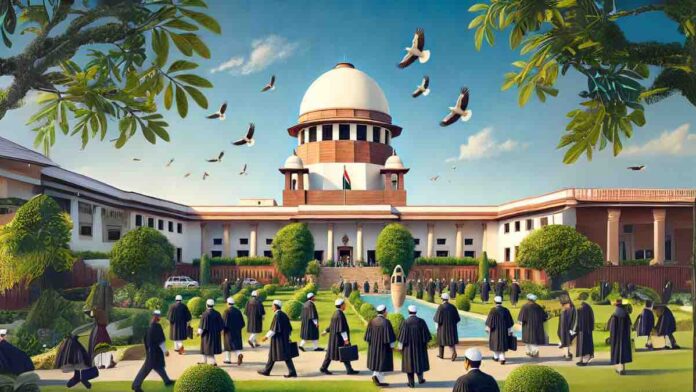The Supreme Court of India, in a significant ruling, has held that an objection of res judicata cannot be used to reject a plaint at the threshold under Order VII Rule 11 of the Civil Procedure Code, 1908 (CPC). The Court, allowing an appeal against a Madras High Court judgment, clarified that determining whether a
To Read More Please Subscribe to VIP Membership for Unlimited Access to All the Articles, Download Available Copies of Judgments/Order, Acess to Central/State Bare Acts, Advertisement Free Content, Access to More than 4000 Legal Drafts( Readymade Editable Formats of Suits, Petitions, Writs, Legal Notices, Divorce Petitions, 138 Notices, Bail Applications etc.) in Hindi and English.




